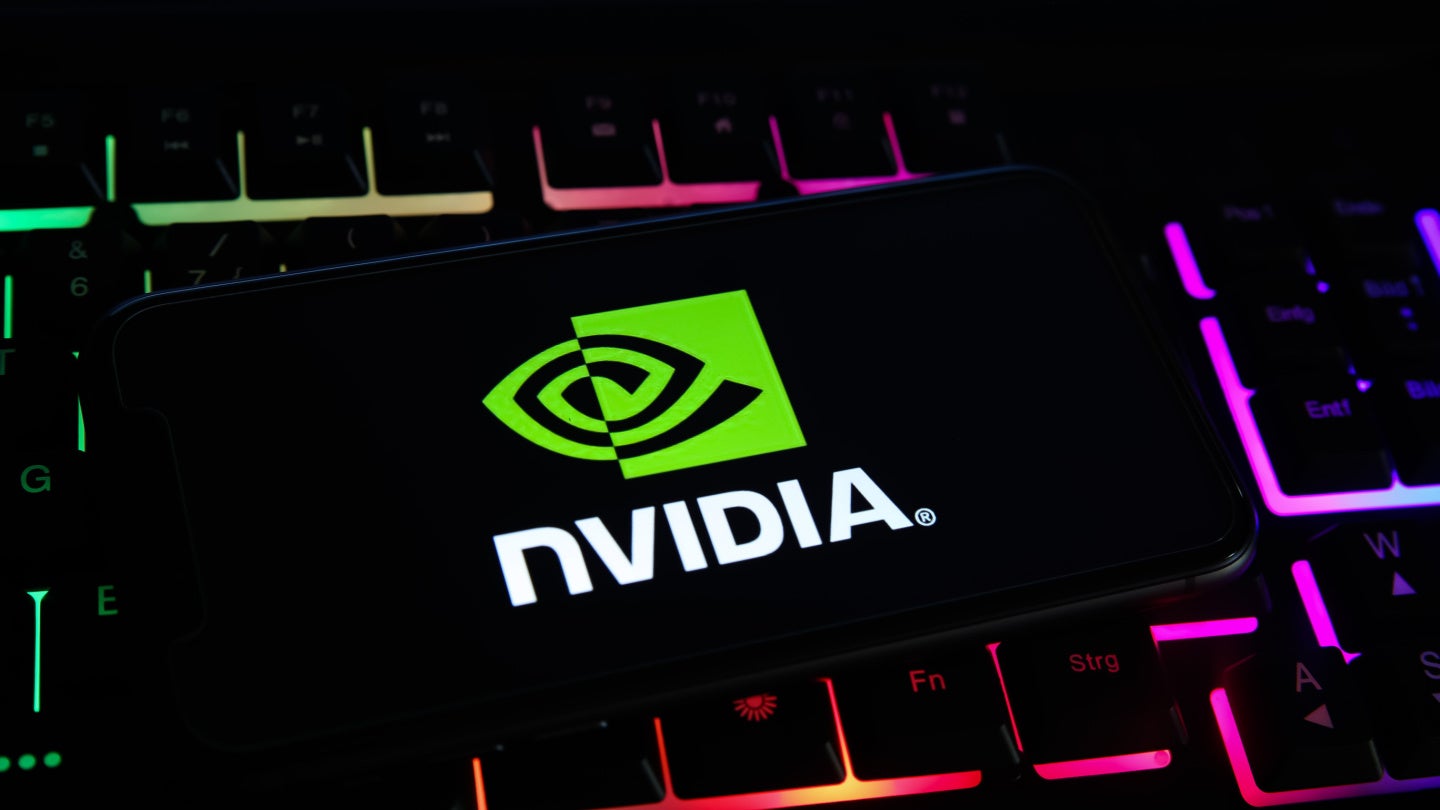
NVIDIA has told its customers in China that US import laws have impeded the launch of a new artificial intelligence (AI) chip, according to a report by Reuters.
The chip was designed to specifically satisfy US import controls and is named the H2O, according to three people familiar with the matter who spoke to Reuters.
The H2O chip could be released as late as next February or March, according to the sources.
In 2022 the Biden administration introduced new legislation to control the import and export of AI chips to and from China. Companies are required to have a licence to import or export AI chips, silicon or other sensitive technology.
Beatriz Valle, a senior analyst at research company GlobalData, stated in a written industry update at the time that this legislation had a significant impact on the share value of chip manufacturers like Nvidia.
Due to high capital requirements, she wrote, the semiconductor industry had already been cut-throat.
How well do you really know your competitors?
Access the most comprehensive Company Profiles on the market, powered by GlobalData. Save hours of research. Gain competitive edge.

Thank you!
Your download email will arrive shortly
Not ready to buy yet? Download a free sample
We are confident about the unique quality of our Company Profiles. However, we want you to make the most beneficial decision for your business, so we offer a free sample that you can download by submitting the below form
By GlobalDataThe introduction of geopolitical tension at a time when there was a surge of interest in AI only exaggerated the high-stakes state of the market.
“US restrictions are also a major obstacle to China’s technological industry, which depends on the US and aligned countries for chip designs and manufacturing equipment,” she wrote, “… For the time being, the tug of war over semiconductors, and especially between the US and China, continues unabated.”
Both China and the US hope to become global leaders in AI as early as 2030.
China already has an advantage thanks to the huge amount of data its government has access to, which can prove vital for training large language models and other AI tools. China’s semiconductor industry does remain reliant upon the US.
The US is home to many large AI companies such as Alphabet, Microsoft and Nvidia, and has multiple flourishing AI start-ups such as C3.ai and Cerebras Systems.
In its 2023 thematic intelligence report into AI, GlobalData remains pessimistic that US laws around Chinese tech will inhibit Beijing from pursuing its Made in China 2025 model, a policy from its government that aims to make China a high-tech manufacturing leader.
According to GlobalData, R&D spending in China was recorded at 2.6% of GDP in 2021.
The share of high-technology exports, as a percentage of total manufacturing exports in China, decreased from 31% in 2020 to 30% in 2021; however, this is still above Thailand (28%), Australia (22%) and India (10%).







